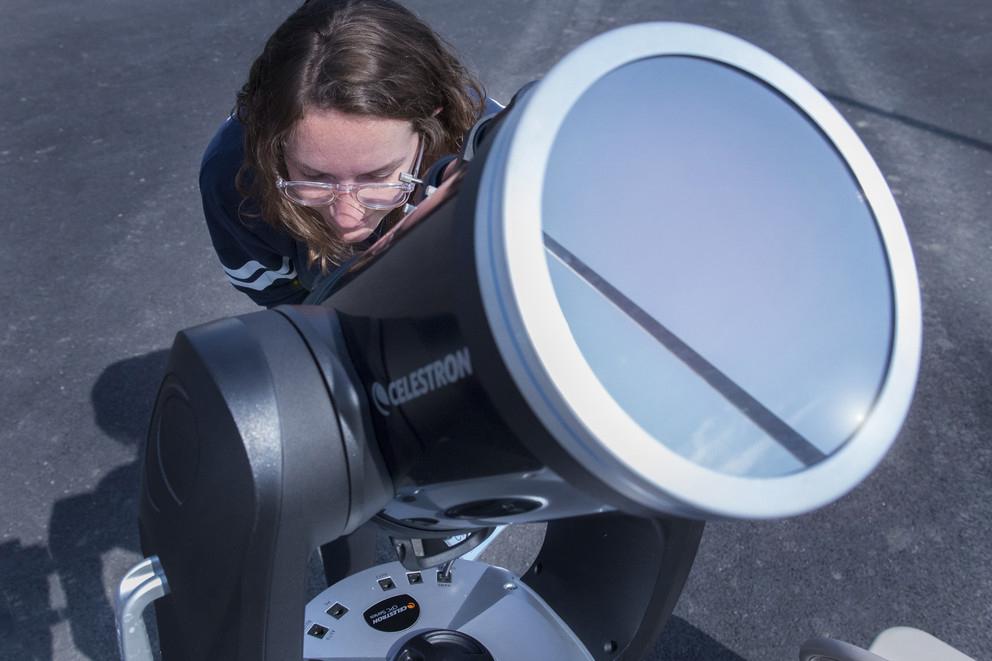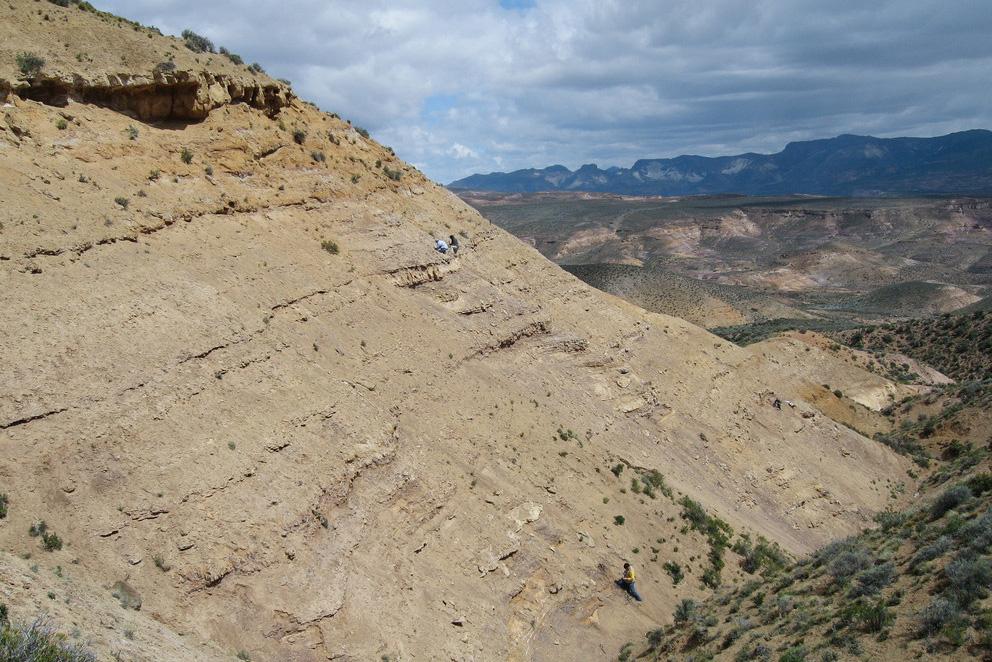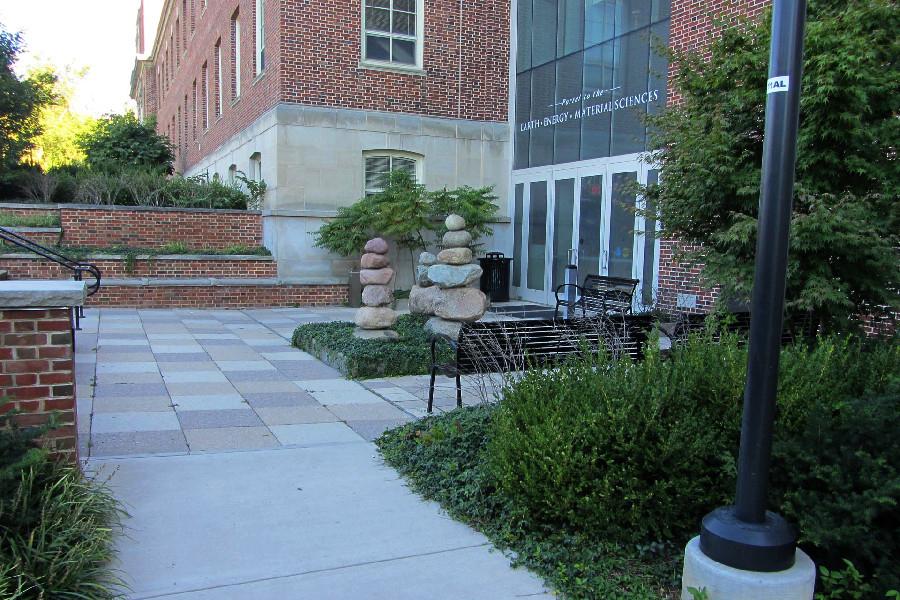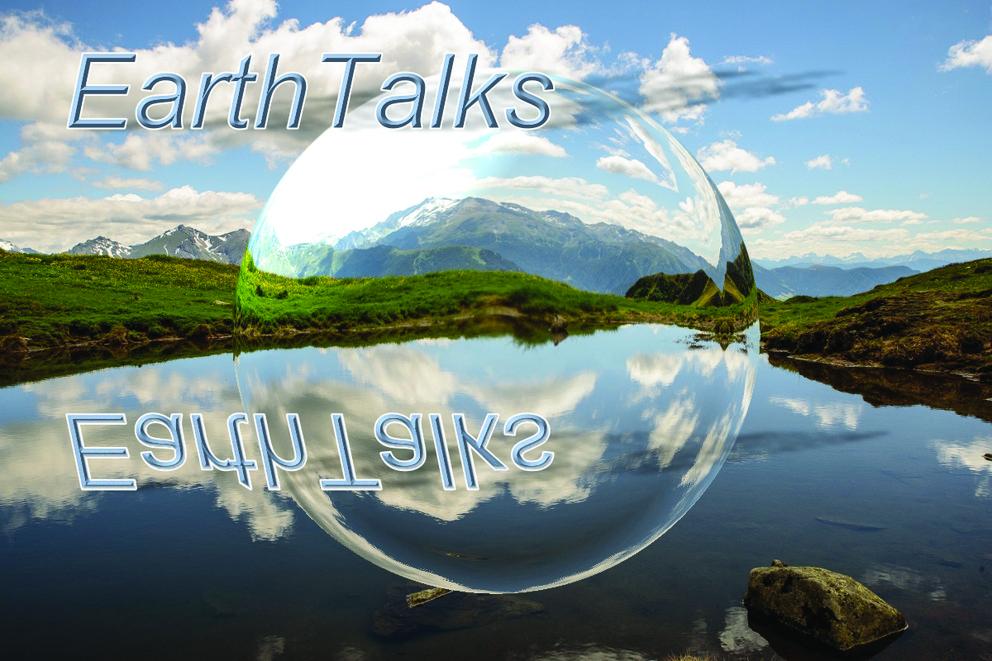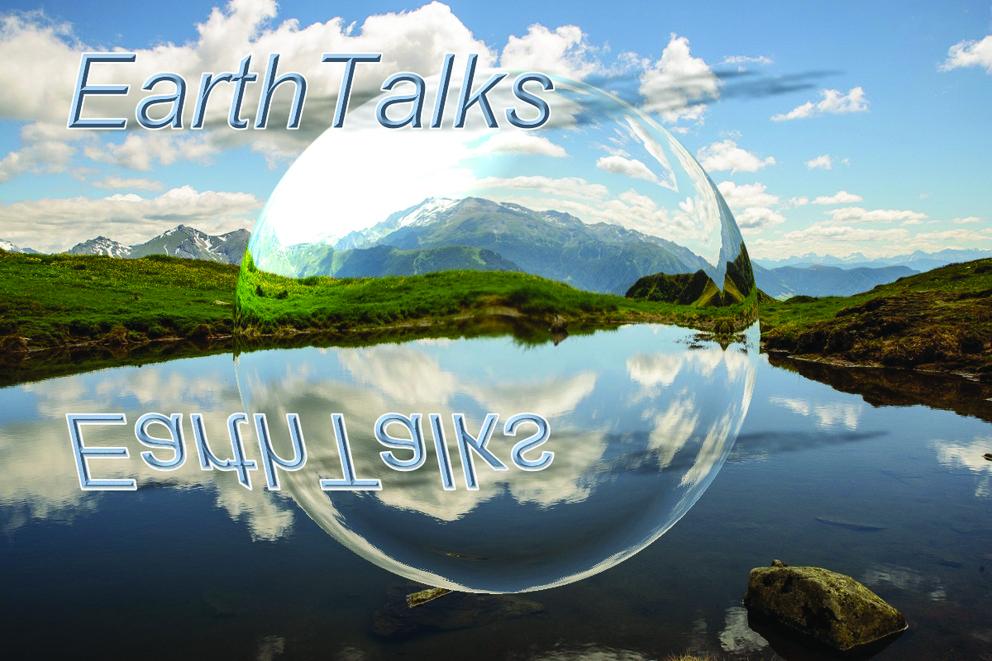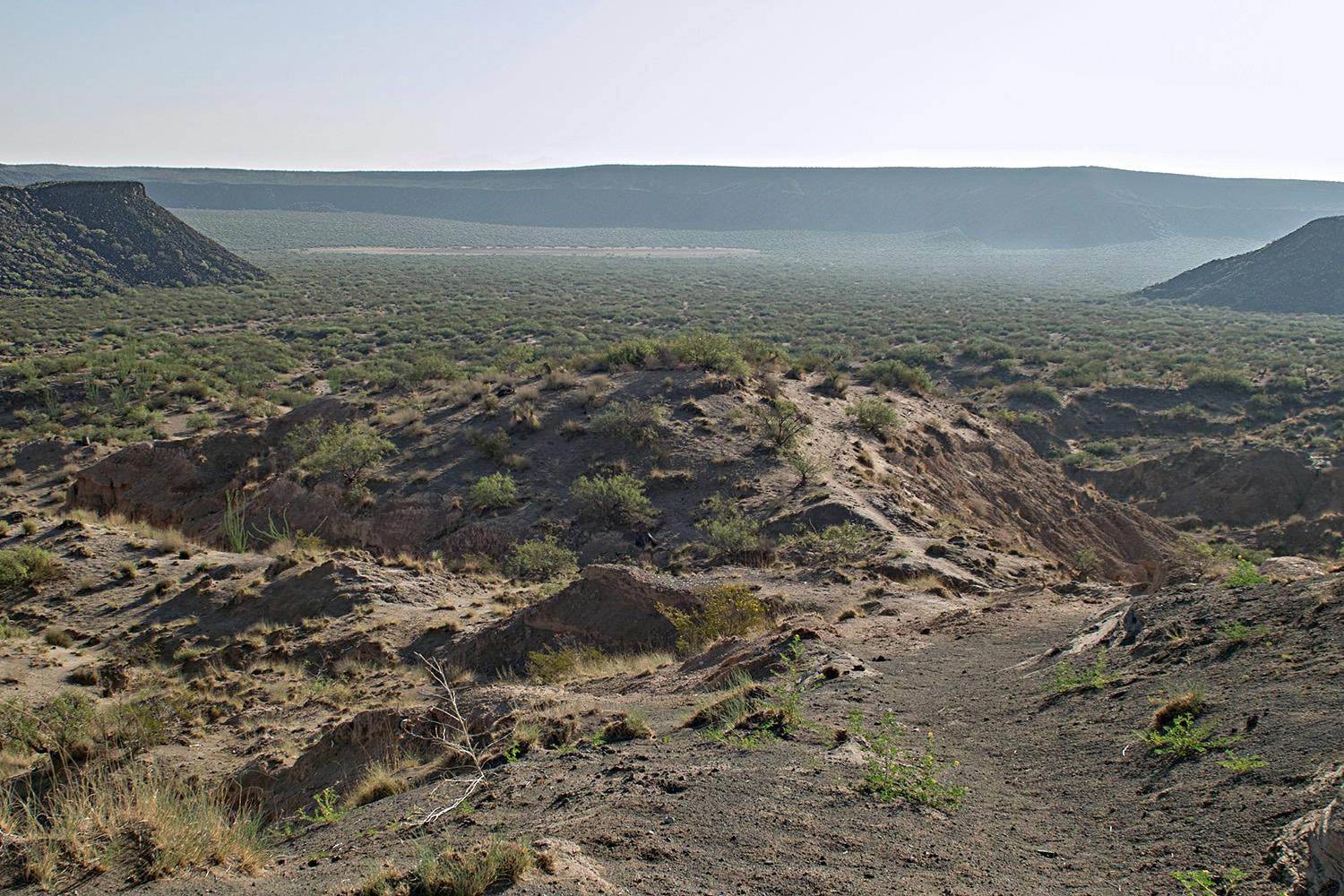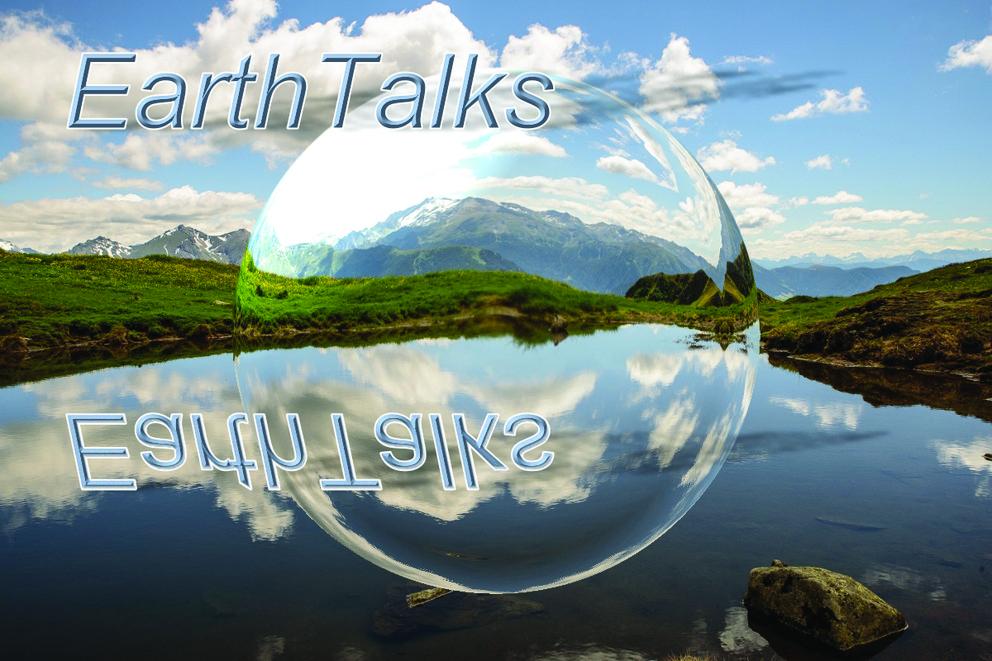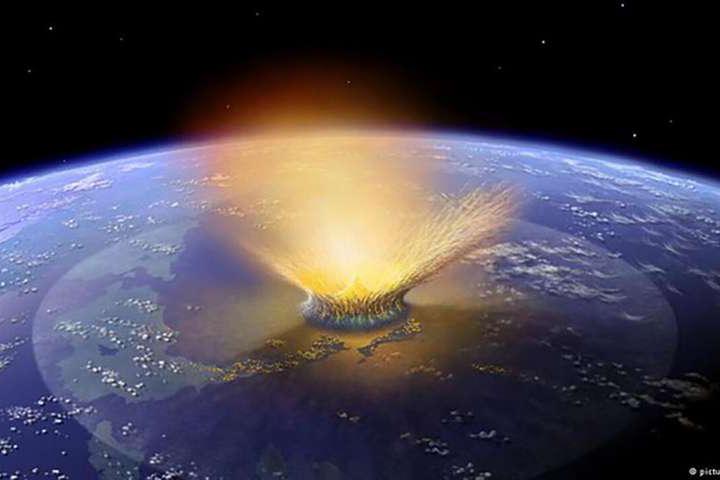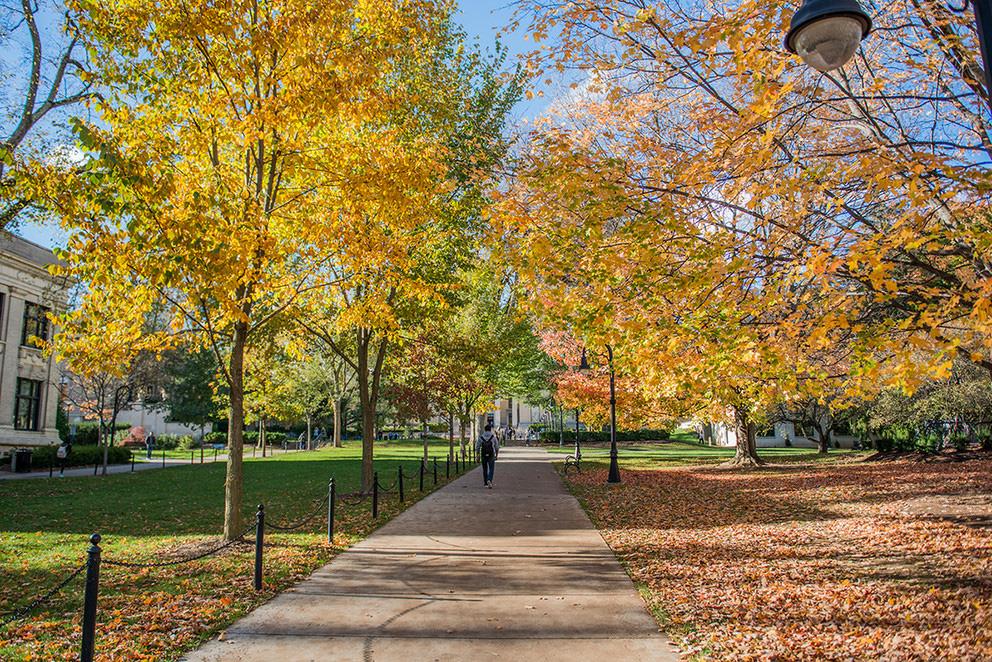Our graduate students are integral to the research we conduct, and they also are dedicated to making a difference in communities. Learn more about their research, outreach efforts, and other projects below.
News
The NASA Pennsylvania Space Grant Consortium (PSGC) is currently accepting applications to its graduate research fellowship program.
Fossil leaf assemblages from Patagonia, Argentina, suggest that vegetation in South America suffered great losses following an astroid impact but rebounded quickly.
A team of geoscientists thinks the key to understanding some destructive earthquakes may lie in the deep, gradual slow-slip behaviors beneath the subduction zones.
Penn State was selected as an official nominator for the Earthshot Prize, a competition aimed at identifying the most promising solutions to environmental challenges.
Danielle M. Conway, dean and Donald J. Farage Professor of Law, Penn State Dickinson Law; and Lee Kump, dean of the College of Earth and Mineral Sciences, will join EarthTalks for a conversation about initiatives to increase diversity among the faculty, staff and students in their respective colleges.
Sonya Legg and Colleen Mouw know what it takes to foster diverse research communities and will share the lessons they have learned with the Penn State community at 4 p.m. Monday, Oct. 26.
Rocks from the Rio Grande continental rift have provided a rare snapshot of active geology deep inside Earth’s crust, revealing new evidence for how continents remain stable over billions of years, according to a team of scientists.
The EESI EarthTalks series “Changemaking made EESI: Fostering inclusive research communities in the Earth and environmental sciences” will explore new perspectives on initiatives that could increase diversity in environmental fields, with a particular slant toward Penn State’s College of Earth and Mineral Sciences (EMS).
An asteroid impact 66 million years ago may have released trillions of pounds of partially burned fossil carbon into Earth’s upper atmosphere as a cloud of black soot, significantly contributing to the ensuing global darkness, cooling and mass extinction that wiped out the dinosaurs, according to an international team of scientists.
Artificial intelligence is affecting society worldwide, from improving medical diagnostic tools, to bolstering supply chains and refining weather forecasting, along with many more applications. Closer to home, Penn State researchers are also leveraging AI techniques in their work to advance their science.


